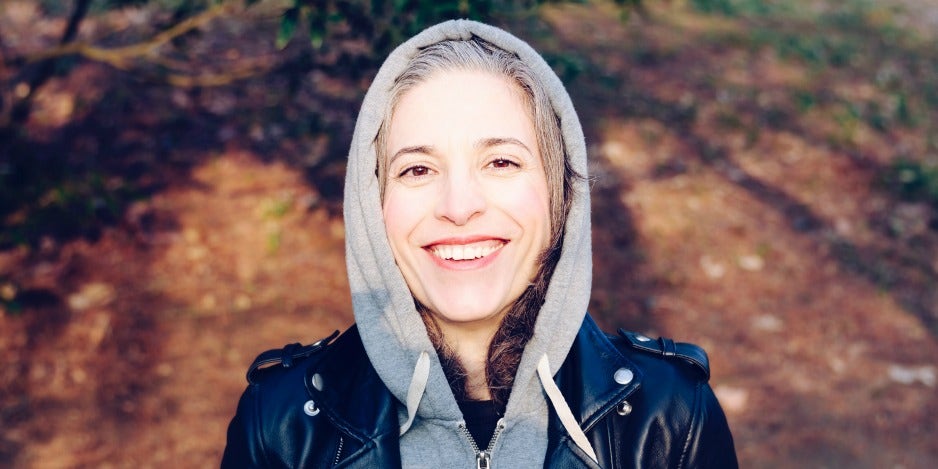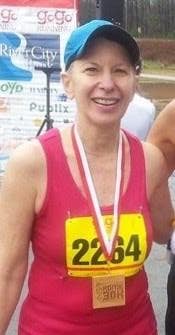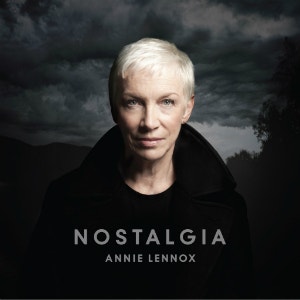How To Quietly Rage Against Ageism (And Grow Older Gracefully)
Forget about looking younger.
 Photo by Marivi Pazos on Unsplash
Photo by Marivi Pazos on Unsplash The running community is awesome. You make friends training, racing, or out for a casual jog. We’re all equal. If you can keep up with the group, you’re in. Age, ethnicity, and gender are irrelevant.
Or so I thought.
Not long ago, I ran a 10K — far from my first. The race was a combined 5K and 10K. If you’ve never run one of those, as you might guess, there’s a point at which the 5K and 10K groups divide.
As I approached the split, the specter of ageism first appeared.
I could see and hear — despite my no doubt rapidly declining faculties — a guy yelling out the split: 5Ks to the left, 10Ks to the right. He repeated 5K slightly more insistently and pointed left as I approached. Hmm.
Then I got closer, and, since my cognitive abilities are still relatively intact, or at least I like to think so, I was already on the right. And another guy actually repeated, more loudly as I got to the split, "5K, 5K, 5K!" urgent gesticulation left, urgent gesticulation left, urgent gesticulation left.
Maybe I’m overthinking it, but I’m pretty sure he was convinced I looked too old for the 10K.
I can assure you I was dressed like a runner, acted like a runner, and was otherwise indistinguishable from the other runners. What I do have is white hair you can see even with my hat on. What I don’t have when I run is makeup (yes, some people do wear makeup to run), so I probably look more my age than when I’m dressed with makeup and have my hair done.
Oh yeah, and I’m a woman. Quite possibly that was a double whammy.

There were four other female runners in my age group and two in the next older age group, so it wasn’t only me.
As I thought about all this, I recalled my first and only full marathon. I was not young then. It, too, was a combined race with a 5K, 10K, and a half. Most of the people I talked to assumed I was running something other than the marathon, which in retrospect might have been a good idea, but I was indeed slogging my way through 26.2 miles. Come to think of it, this type of ageism has happened in other races; I just never quite got it.
One way I combat my own internalized ageism is by looking at the results.
This was a small race. Seventeen of the nineteen people who came in after me were younger. Some were men. Hah! I also looked at the older runners, only two for this race, and thought, yeah, I’m gonna be doing it then, too.
A recent NY Times piece about aging and physical appearance prominently featured a picture of Francis McDormand aging beautifully. It suggested that instead of hiding from age, suppose women embraced it by not trying to look younger than their years?
Yes, another way to combat ageism is to not try to look younger.
With my white hair, I’d say I’m pretty down with this. Actually, my hair started turning white when I was in my 20s. At some point, keeping it dark brown was too much time and effort. The whole zebra look never appealed.
That said, a friend reminded me that when she asked about dyeing her hair years ago, I advised that dyeing shows you “give a s*it.” What can I say? I was young.
But I don’t worry about dressing too young.
I’m not usually one for fashion, but I love skinny jeans. And I wear them to pretty much anything. Does wearing them mean I’m trying to look younger? I hope not. I prefer to think I’m simply doing what I like.
Nips, tucks, Botox, filler, false eyelashes — do they really make us look younger? Or do they make us look like we’re trying to look younger? And where’s the gain in that? Why? For whom?
In a final blow to ageism, I'm fairly convinced that maybe 60 really is the new 30.
I heard it on NPR a few years ago, so it's official: 60 is the new 30. This came along with a fantastic pic of Annie Lennox, also aging beautifully, having recently released an album at 60.

There has been a huge increase in the number of older — including 50 and up — athletes. I didn’t know many female marathoners when I was 30, but now, I know a bunch around my age. Most of my peers have age spots from tennis, running, or hiking, not sunning in Florida, or cruising in the Caribbean.
I’m pretty sure we’re doing 60 better than we did 30, and the women following us already know how to do it better.
We sometimes travel and dine alone. This was unthinkable when we were 30, but is pretty common for the present 30 somethings. We think we can be Ironmen (well, not me, I don’t swim, but many of my peers do) just as do younger women today.
So, fear not. Thirty-year-olds are doing the things we didn’t do at 30, and I expect them to continue doing those things into their 50s, 60s, and beyond.
I am convinced that if you can stop worrying about what people think, aging can be pretty fun and liberating.
As McDormand said, “I think that ageism is a cultural illness; it's not a personal illness.”
You cannot allow a few gray hairs or wrinkles to stop you from doing the things you love to do. Hell, you can begin to do things you’ve never done before. I ran my first road race when I was just shy of the big 5-0.
Research has suggested that aging is a mindset. The more you can think of yourself as vibrant, capable, and competent, the more vibrant, capable, and competent you remain.
While I worked on this piece, I went into my local running store to sign up for a race — a 5K, 10K, and half-marathon combo. I did not know the guy who signed me up.
He looked at me and asked, “Half?”
My faith is restored. After all, baby, we were born to run.
Judith Tutin, PhD, ACC, is a licensed psychologist and certified life coach. Connect with her at drjudithtutin.com where you can request a free coaching call to bring more passion, power, and purpose to your life.

